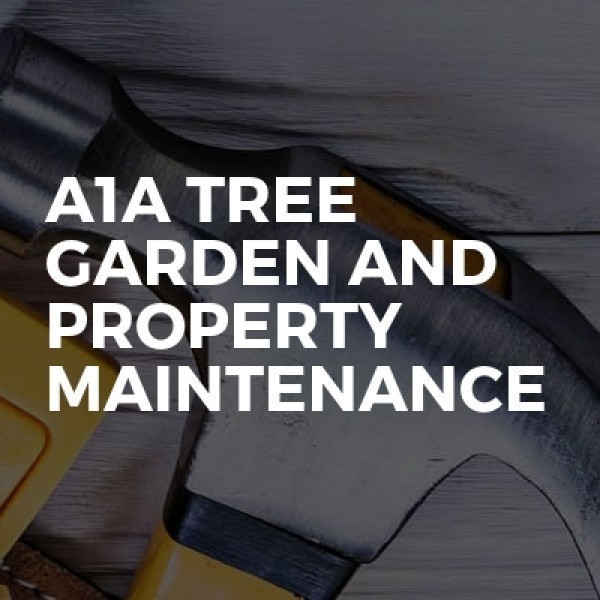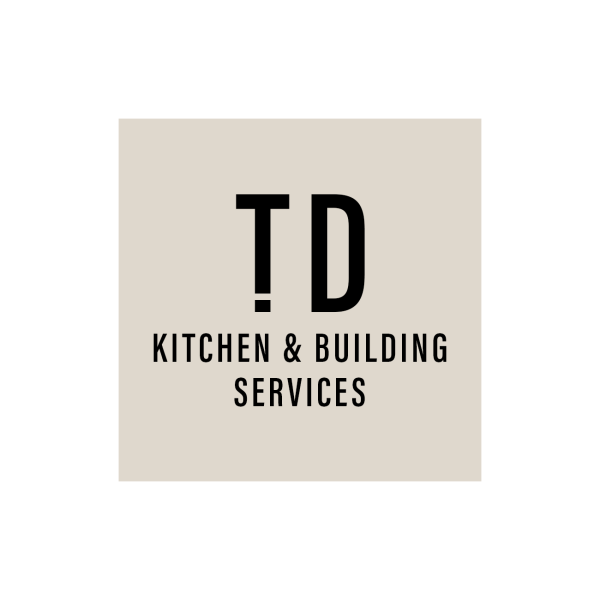Extension Builders in Tynemouth
Filter your search
Post your job FREE and let trades come to you
Save time by filling out our simple job post form today and your job will be sent to trades in your area so you can sit back, relax and wait for available trades to contact you.
Post your job FREESearch Extension Builders in places nearby
Introduction to Extension Builders in Tynemouth
In the charming coastal town of Tynemouth, the demand for home extensions has been on the rise. Whether it's a growing family needing more space or homeowners looking to add value to their property, extension builders in Tynemouth are in high demand. These skilled professionals transform living spaces, ensuring that homes not only meet the needs of their inhabitants but also enhance their overall aesthetic appeal.
The Role of Extension Builders
Extension builders are crucial in the construction industry, especially in residential areas like Tynemouth. They specialise in adding extra rooms or expanding existing spaces in homes. Their work involves planning, designing, and executing construction projects that blend seamlessly with the original structure. These builders must possess a keen eye for detail, a strong understanding of architectural principles, and the ability to work within the constraints of local building regulations.
Why Choose Tynemouth for Your Home Extension?
Tynemouth is not just a picturesque location; it offers a unique blend of historical charm and modern amenities. Homeowners here benefit from the town's rich heritage, stunning coastal views, and vibrant community life. Extending a home in Tynemouth can significantly increase its market value, making it a wise investment. Moreover, the local extension builders are well-versed in the area's architectural styles, ensuring that any addition complements the existing structure.
Understanding Local Building Regulations
Before embarking on a home extension project in Tynemouth, it's essential to understand the local building regulations. These rules ensure that all construction work is safe, sustainable, and in harmony with the town's character. Extension builders in Tynemouth are familiar with these regulations and can guide homeowners through the necessary paperwork and approvals, ensuring a smooth and compliant building process.
Types of Home Extensions
There are several types of home extensions that homeowners in Tynemouth can consider. Each type serves different purposes and offers unique benefits. Understanding these options can help homeowners make informed decisions about their extension projects.
Single-Storey Extensions
Single-storey extensions are a popular choice for homeowners looking to add extra living space without altering the overall structure of their home. These extensions are typically added to the rear or side of a property and can serve as additional living rooms, kitchens, or dining areas.
Double-Storey Extensions
For those needing more space, double-storey extensions offer a practical solution. These extensions provide additional rooms on two levels, making them ideal for expanding both living and sleeping areas. They are a cost-effective way to maximise space without increasing the property's footprint significantly.
Wrap-Around Extensions
Wrap-around extensions combine side and rear extensions to create a larger, more versatile space. This type of extension is perfect for homeowners who want to create an open-plan living area or add multiple rooms to their home.
Conservatories and Orangeries
Conservatories and orangeries are popular choices for homeowners looking to add a touch of elegance to their property. These glass structures provide a bright, airy space that can be used as a sunroom, dining area, or even a home office.
Choosing the Right Extension Builder
Selecting the right extension builder is crucial to the success of any home extension project. Homeowners in Tynemouth have access to a range of skilled professionals, but it's essential to choose one with the right experience and expertise.
Experience and Expertise
When choosing an extension builder, it's important to consider their experience and expertise. Look for builders with a proven track record of successful projects in Tynemouth. Experienced builders will have a deep understanding of local architectural styles and building regulations, ensuring a smooth and efficient construction process.
Reputation and Reviews
A builder's reputation is a strong indicator of their reliability and quality of work. Check online reviews and ask for references from previous clients to get a sense of their professionalism and craftsmanship. A reputable builder will be happy to provide testimonials and showcase their past projects.
Communication and Collaboration
Effective communication is key to a successful home extension project. Choose a builder who listens to your needs, offers clear explanations, and collaborates with you throughout the process. A good builder will keep you informed at every stage, ensuring that the project meets your expectations.
Planning Your Home Extension
Planning is a critical phase in any home extension project. It involves setting clear goals, creating a realistic budget, and developing a detailed design plan. Proper planning ensures that the project runs smoothly and meets the homeowner's needs.
Setting Goals and Priorities
Before starting a home extension, it's important to set clear goals and priorities. Consider what you want to achieve with the extension, whether it's adding more living space, increasing property value, or enhancing the home's aesthetic appeal. Having a clear vision will guide the planning and design process.
Budgeting and Financing
Creating a realistic budget is essential for a successful home extension project. Consider all costs, including materials, labour, permits, and unexpected expenses. Explore financing options, such as home improvement loans or remortgaging, to ensure you have the necessary funds to complete the project.
Design and Layout
The design and layout of the extension should complement the existing structure and meet the homeowner's needs. Work with an architect or designer to create a detailed plan that considers factors such as space utilisation, natural light, and energy efficiency.
The Construction Process
The construction phase is where the plans come to life. This stage involves several steps, including site preparation, foundation work, framing, and finishing. Understanding the construction process can help homeowners manage their expectations and stay informed about the project's progress.
Site Preparation and Foundation
Site preparation is the first step in the construction process. It involves clearing the area, marking the boundaries, and preparing the ground for the foundation. The foundation is a critical component of the extension, providing stability and support for the structure.
Framing and Roofing
Once the foundation is complete, the framing and roofing work begins. This stage involves constructing the skeleton of the extension, including walls, floors, and the roof. The framing must be precise and sturdy to ensure the structural integrity of the extension.
Electrical and Plumbing Work
After the framing is complete, electrical and plumbing work is carried out. This involves installing wiring, outlets, and fixtures, as well as plumbing pipes and fittings. It's important to hire licensed professionals for this work to ensure safety and compliance with regulations.
Finishing Touches
The final stage of the construction process involves adding the finishing touches to the extension. This includes installing flooring, painting walls, and adding fixtures and fittings. Attention to detail is crucial at this stage to ensure a high-quality finish.
Benefits of Home Extensions
Home extensions offer numerous benefits to homeowners in Tynemouth. They provide additional living space, increase property value, and enhance the overall aesthetic appeal of a home. Understanding these benefits can help homeowners make informed decisions about their extension projects.
Increased Living Space
One of the primary benefits of a home extension is the increased living space it provides. Whether it's an extra bedroom, a larger kitchen, or a new living area, an extension can significantly enhance the functionality and comfort of a home.
Enhanced Property Value
Home extensions can also increase the market value of a property. By adding extra rooms or improving the layout, homeowners can make their property more attractive to potential buyers, resulting in a higher resale value.
Improved Aesthetic Appeal
A well-designed extension can enhance the overall aesthetic appeal of a home. By blending seamlessly with the existing structure and incorporating modern design elements, an extension can transform a home into a more stylish and inviting space.
Challenges and Solutions
While home extensions offer many benefits, they also come with challenges. These can include budget constraints, planning permission issues, and construction delays. Understanding these challenges and finding solutions can help homeowners navigate the extension process more smoothly.
Budget Constraints
Budget constraints are a common challenge in home extension projects. To overcome this, homeowners should create a detailed budget and explore cost-saving options, such as using affordable materials or completing some work themselves.
Planning Permission
Obtaining planning permission can be a complex process. To navigate this challenge, homeowners should work with experienced builders who understand local regulations and can assist with the necessary paperwork and approvals.
Construction Delays
Construction delays can occur due to weather conditions, supply chain issues, or unforeseen complications. To minimise delays, homeowners should work with reliable builders who have contingency plans in place and maintain open communication throughout the project.
Frequently Asked Questions
- Do I need planning permission for a home extension in Tynemouth? It depends on the size and type of extension. Some projects may fall under permitted development rights, while others require planning permission. Consult with a local builder or planning authority for guidance.
- How long does a home extension project typically take? The duration of a home extension project varies depending on the size and complexity of the extension. On average, it can take anywhere from three to six months to complete.
- What factors should I consider when choosing an extension builder? Consider the builder's experience, reputation, communication skills, and understanding of local regulations. It's also important to review their past projects and client testimonials.
- Can I live in my home during the extension construction? In most cases, yes. However, there may be some disruption, so it's important to discuss this with your builder and plan accordingly.
- What are the most popular types of home extensions in Tynemouth? Single-storey and double-storey extensions, as well as conservatories and orangeries, are popular choices among homeowners in Tynemouth.
- How can I ensure my home extension is energy-efficient? Work with your builder to incorporate energy-efficient materials and design elements, such as insulation, double-glazed windows, and energy-efficient appliances.
In conclusion, extension builders in Tynemouth play a vital role in transforming homes and enhancing the quality of life for residents. By understanding the process, benefits, and challenges of home extensions, homeowners can make informed decisions and achieve their dream living space.


















